The Catholic leader who united diverse religions
Across SE Asia and the Pacific, Francis is being remembered as a Catholic leader who reached across faiths to highlight a common humanity and worked to extend the arms of the Church.
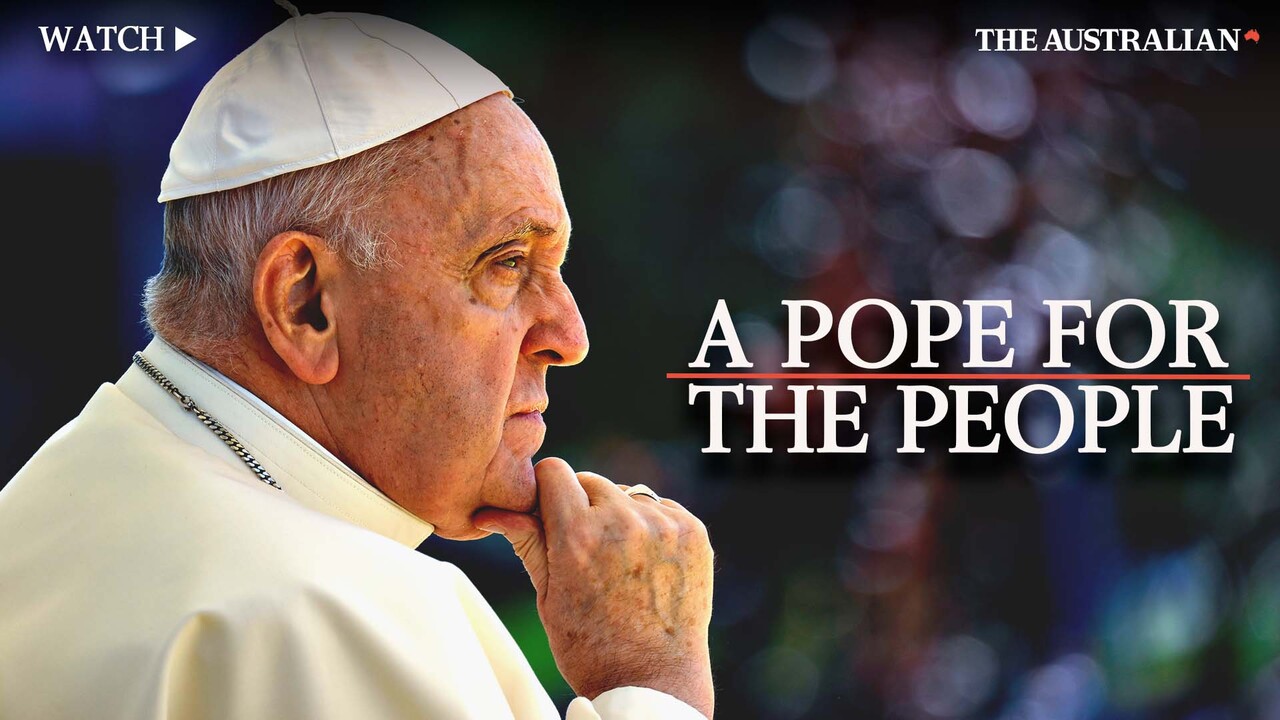
From Indonesia, the world’s most populous Muslim-majority, to East Timor with the highest per capita Catholic population, from the Papua New Guinean jungles to tiny Singapore, Pope Francis’ final overseas trip was a 33,000km odyssey into the Church’s geographic periphery that some fear may have hastened the 88 year-old’s demise.
Yet if the aim was to build inter-religious understanding in a region heavy with religious competition, a goal that was at the core of the Catholic leader’s Papal mission, then Francis, who died on April 21 2025, can rest in peace.
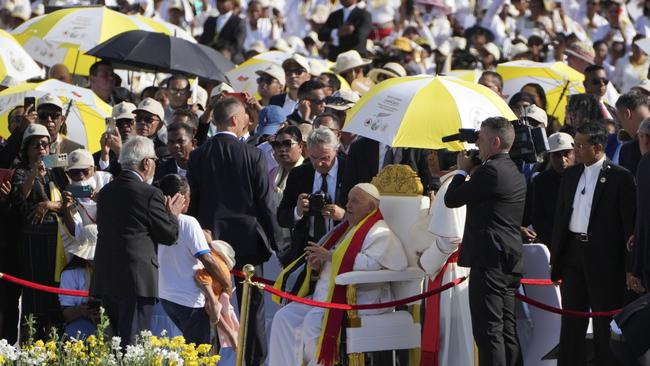
Across Southeast Asia and the Pacific Islands the Argentinian pope is being remembered by many as a Catholic leader who reached across faiths to highlight a common humanity and worked to extend the arms of the Church, understanding that burgeoning Asia – with two thirds of the world’s population – is key to its future.
While he didn’t make it to Vietnam or China, he oversaw warming relations with both communist countries and in 2018 even struck a secretive deal with Beijing that allowed the Church a say in appointing bishops there.
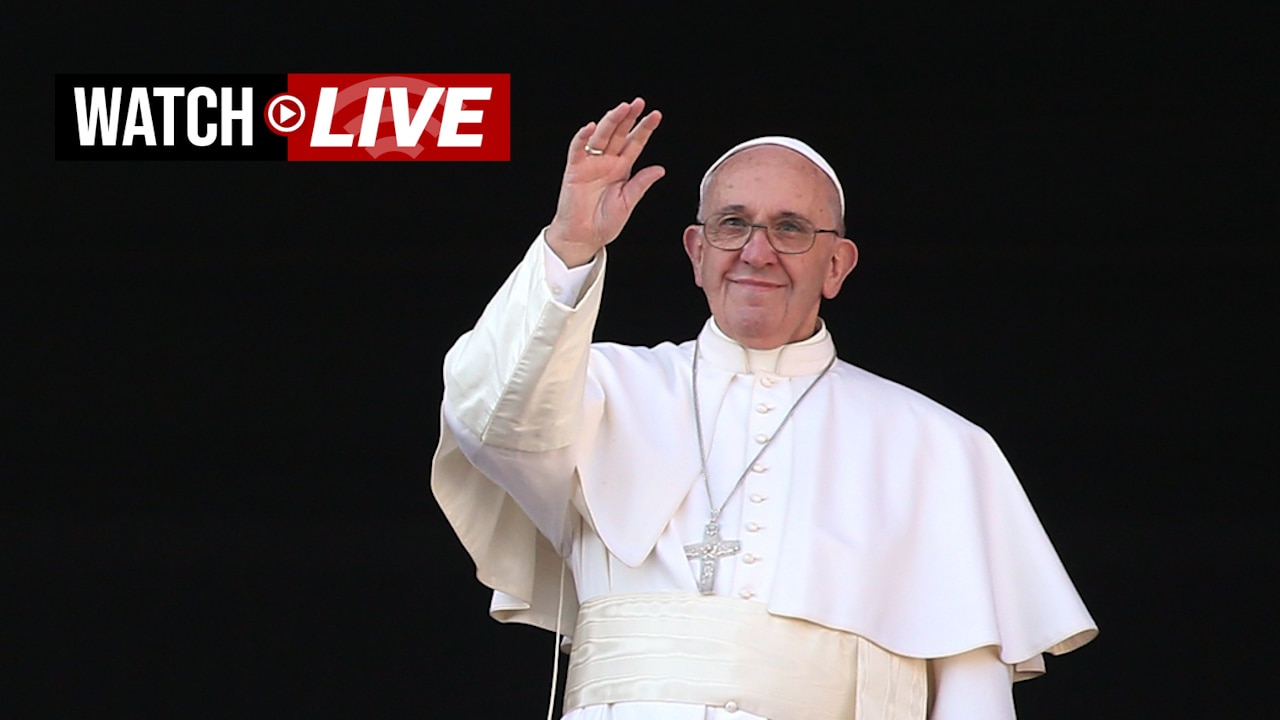
In Indonesia, where the right of Palestinians to a homeland is its own article of faith, Pope Francis’ vocal concern for the welfare of civilians caught in the Gaza conflict struck a cord.
“The Pope’s unequivocal voice of concern … helped Indonesians understand that the conflict between Israel and Palestine is not a matter of religion but of independence and humanity,” Bonar Tigor Naipospos from Indonesia’s Setara Institute for Democracy and Peace told The Australian.
“The majority of Indonesians appreciate the Pope’s role as a world figure who actively voices global peace.”
Pope Francis’ insistence on humble travel arrangements, and his visit to Jakarta’s main Istiqlal Mosque, where he met with its Imam Nasaruddin Umar – now the country’s Minister of Religion _ and kissed his hand and raised it to his cheek in a gesture of spontaneous affection, also touched many accustomed to a more extravagant leadership style.
As the head of the Catholic Church lay ill in hospital, Nasaruddin was one of a number of Asian faith leaders who issued statements urging “people of faith to pray for his recovery”.
While Malaysia was left off the September itinerary, the longest and most arduous of his 12-year Papacy, thousands of Malaysians crossed the causeway from Johor to Singapore to attend mass while others made the pilgrimage to East Timor.
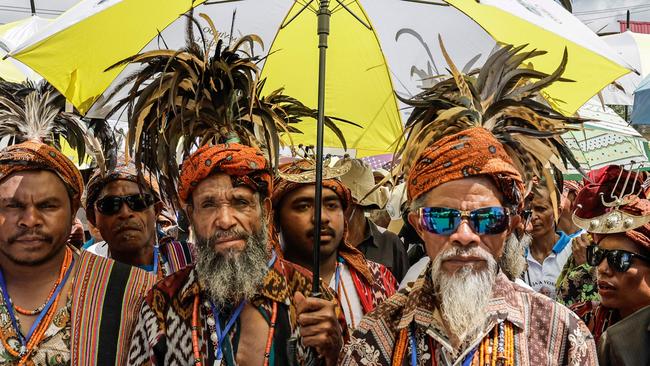
Editor and social commentator Jahabar Sadiq said many Malaysians had appreciated the Pope’s advocacy for the welfare of Gazans and his determination to reach across religious divides.
“Overall he is seen as a benign prelate who broke bread with other religious leaders seeking common cause of peace and piety,” Sadiq told the Australian
In Singapore the Pope went off script in a meeting with Catholic school students, urging them to take risks and keep moving forward.
“A young person who doesn’t take a risk, who is afraid of making a mistake, is an old person,” he told them. “I hope all of you go forward. Don’t go back.”
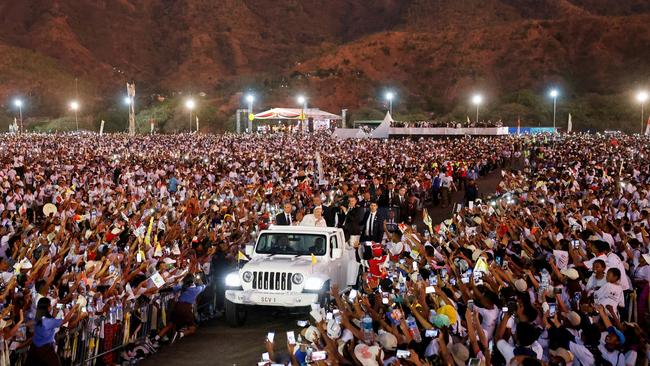
Pope Francis’ comments on the rights of children while in East Timor were ferociously parsed for hints of condemnation for Bishop Carlos Ximenes Belo, the once-revered national hero who won the Nobel Peace Prize for his non-violent independence campaign but was sanctioned in 2020 by the Vatican for his alleged sexual abuse of young boys.
Still, Pope Francis received a rock star welcome with close to 600,000 Timorese _ half the tiny nation’s population _ lining the streets to welcome him and packing a local field to hear his Papal mass.
Frail, wheelchair bound and at times clearly-ailing in the tropical heat, the then 87-year-old would not be swayed from visiting a remote and conflict-racked jungle outpost in Papua New Guinea, hitching a lift on an Australian C-130 cargo plane from where he was wheeled up and down the back ramp by aides to minister to a population of less than 11,000.
It was core business for the Argentinian who had been invited by missionary priests and nuns from his homeland who had lived and worked with the local community for decades.
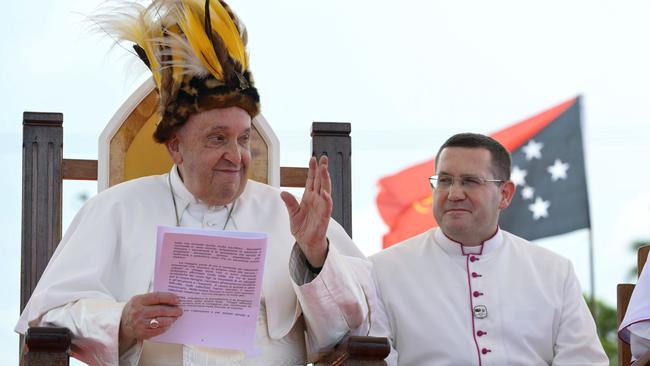
While many devout Filipino Catholics were deeply disappointed at their country being left off his 2024 itinerary, millions prayed for his recovery in the days before his death.
“We hope that God would continue to give him strength so that he could continue his mission of faith and love for the public,” President Ferdinand “BongBong” Marcos junior said days before his death.
Philippines human rights worker Cristina Palabay, whose Karapatan group has long fought the brutal targeting of social justice activists there and the state’s murderous war on drugs, said the Pope’s passing was a tragedy given his personal commitment to defending the downtrodden and terrorised.
“Pope Francis spurred discussions among Filipino Catholics and challenged the conventional and conservative practices in the Philippines,” she said.
“The efforts of the institutional Catholic Church in the Philippines was found very much wanting, especially during the dark years of the Duterte administration.
“I am sad the Pope has passed away because I think he could have done more for the oppressed.”


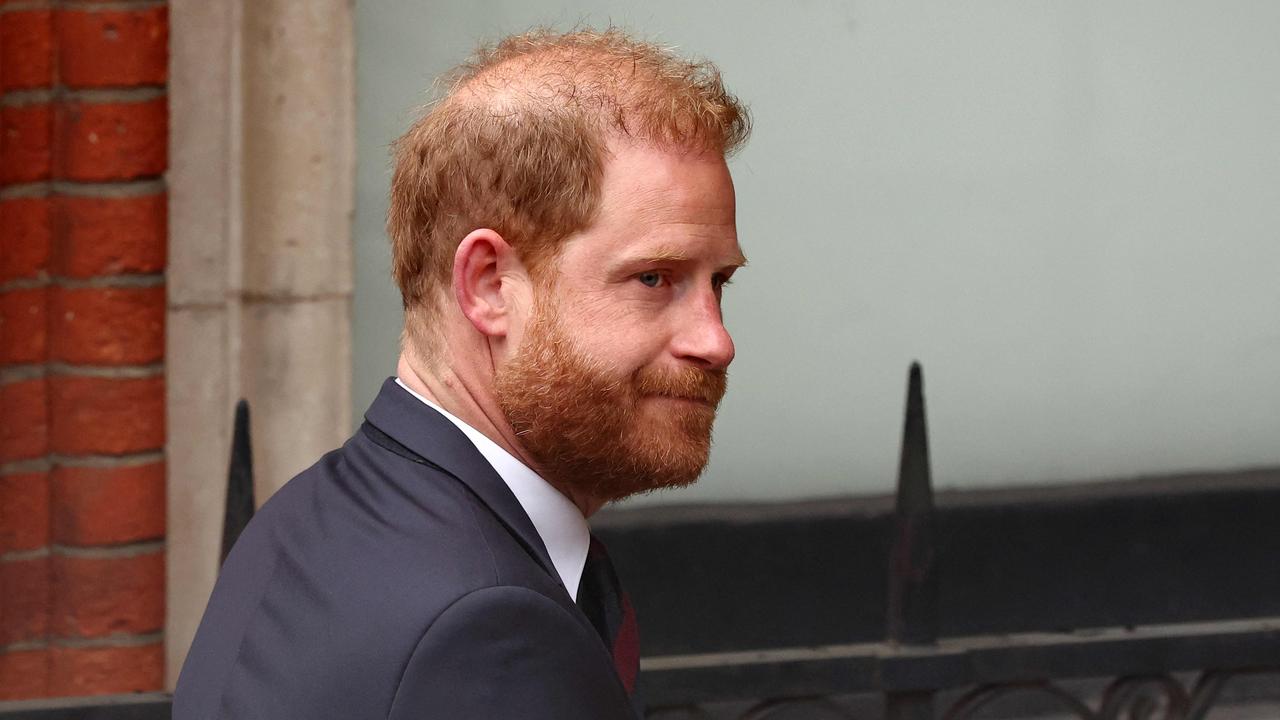

To join the conversation, please log in. Don't have an account? Register
Join the conversation, you are commenting as Logout